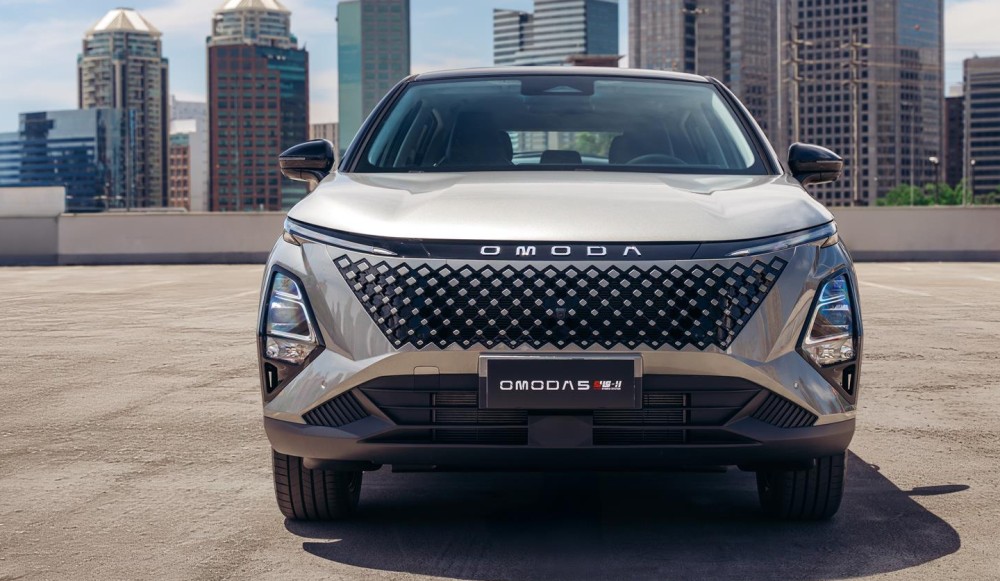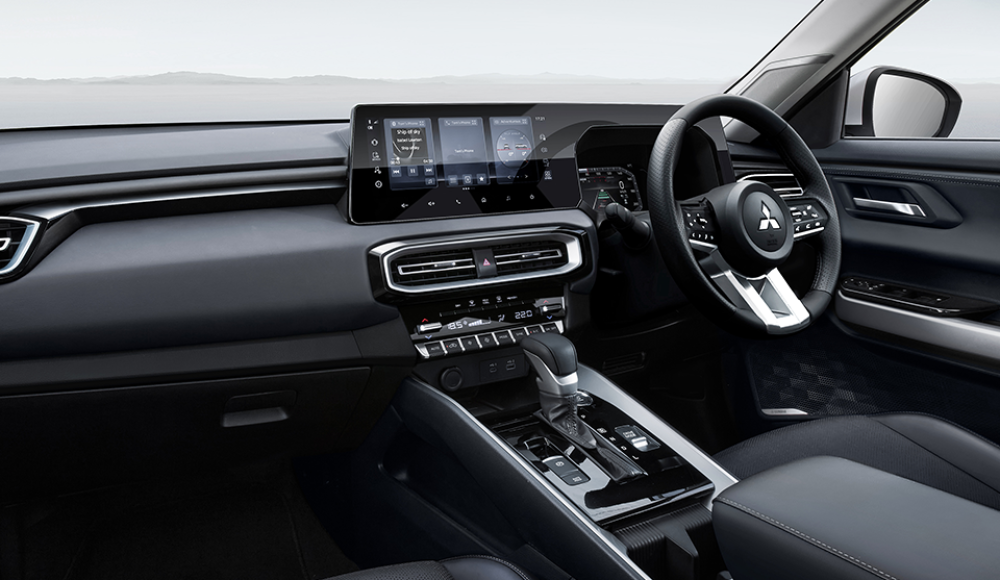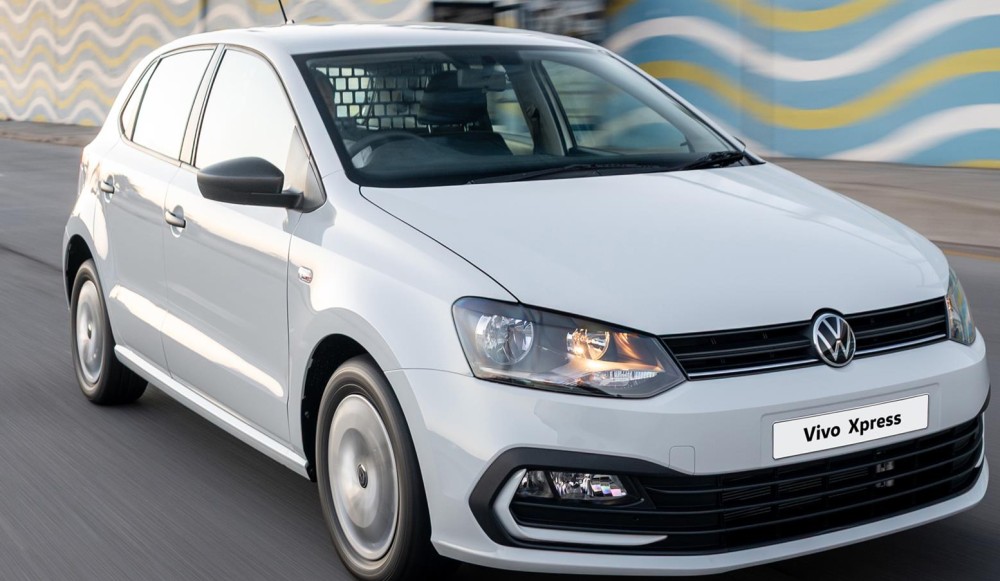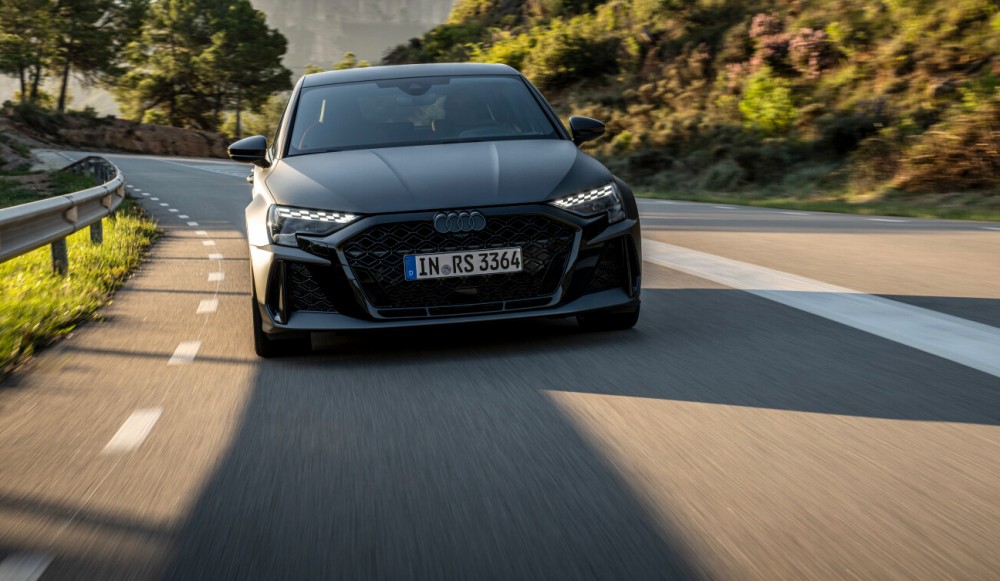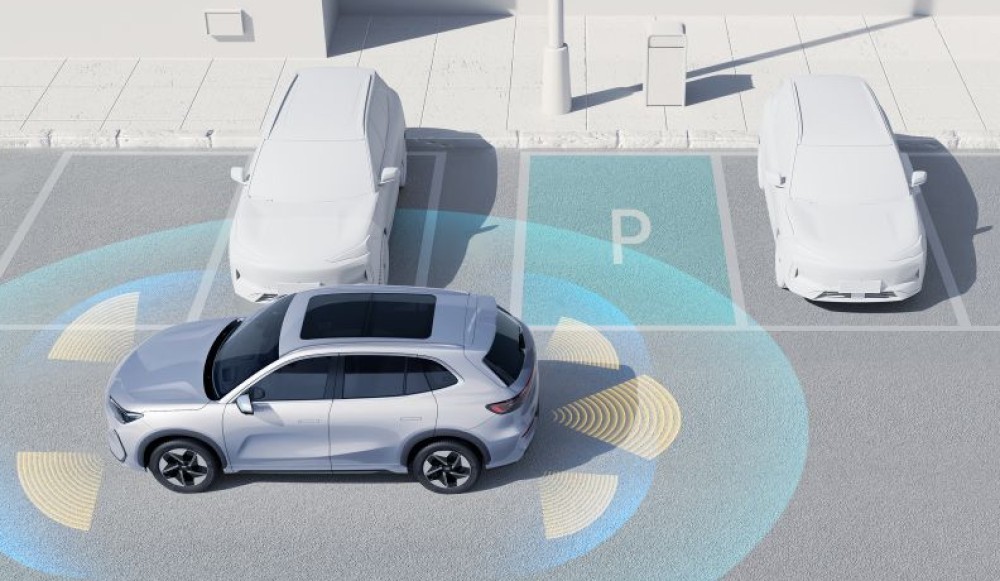Taking action to mitigate against climate change is not simply – in automotive terms – about building electric cars and, while world leaders talk about it at the COP28 climate summit in Dubai, some companies are taking significant steps to effect change.
Volvo says it is doubling down on its action plan – already one of the most ambitious in the automotive industry – by aiming to reduce CO2 emissions per car by 75% by 2030, compared to a 2018 baseline.
This is in addition to our ambition to become climate neutral by 2040 and to reduce CO2 emissions per car by 40% between 2018 and 2025. During the first nine months of 2023, overall CO2 emissions per car were 19% lower compared with our 2018 benchmark.

Achieving this, demands it continues working towards the ambition to only sell fully electric cars by 2030, thereby eliminating tailpipe emissions from the model line-up.
“COP28 is a historic accountability moment for climate action,” says Javier Varela, chief operating officer and deputy CEO, of Volvo Cars. “The world urgently needs to come together and act, to avoid the worst effects of climate change. We’re committed to doing our part and we call on corporate and political leaders around the globe to also do theirs.”
“To assist us in achieving these ambitions, we are putting our purchasing power behind emerging clean technologies that will support the shift to near-zero emission aluminium.
“We are also taking action in the steel industry, through our collaboration with Swedish steel producer SSAB and were the first car maker to team up with SSAB to explore near-zero emission, high-quality steel for the automotive industry. Now, Volvo Cars has secured access to near-zero emission primary and recycled sheet steel from SSAB that we plan to use in one of our car programmes by 2026.”
Earlier this year, Volvo Cars revealed the fully electric EX30 small SUV, designed to have the lowest carbon footprint of any Volvo car to date. The EX30 is one of several new, fully electric Volvo models that we have launched and will launch in coming years, on our way towards becoming a fully electric car maker by 2030. And we’re making good progress - during the first nine months of 2023, fully electric cars made up 16 per cent of our overall sales.
“We are also rapidly moving away from the internal combustion engine. We will produce our last ever diesel-powered car in early 2024 and we have stopped R&D investments in new internal combustion engines. Instead of focusing on the technologies of the past, we have our eyes on the future.
 Your new Volvo may be closer than you think
Your new Volvo may be closer than you think
“At the same time, meeting our latest target will require us to tackle CO2 emissions throughout our supply chain and own operations (including logistics), aiming to reduce them by 30% each by 2030, compared to a 2018 baseline.
“We are already doing a lot. As much as 69% of our own operations were powered by climate-neutral energy in 2022. And since then, we have recently achieved 100% climate-neutral electricity across each of our plants globally.”
COP28 takes place against the backdrop of the United Nations’ Global Climate Stocktake Report, which was released in September. The sobering conclusion of the report is that despite some areas of progress, the world is still far off track to keep global warming limited to 1,5 degrees against pre-industrial levels.
Colin Windell - proudly ALL THINGS MOTORING
For the best pre-owned cars - CHANGECARS Our name says it all


